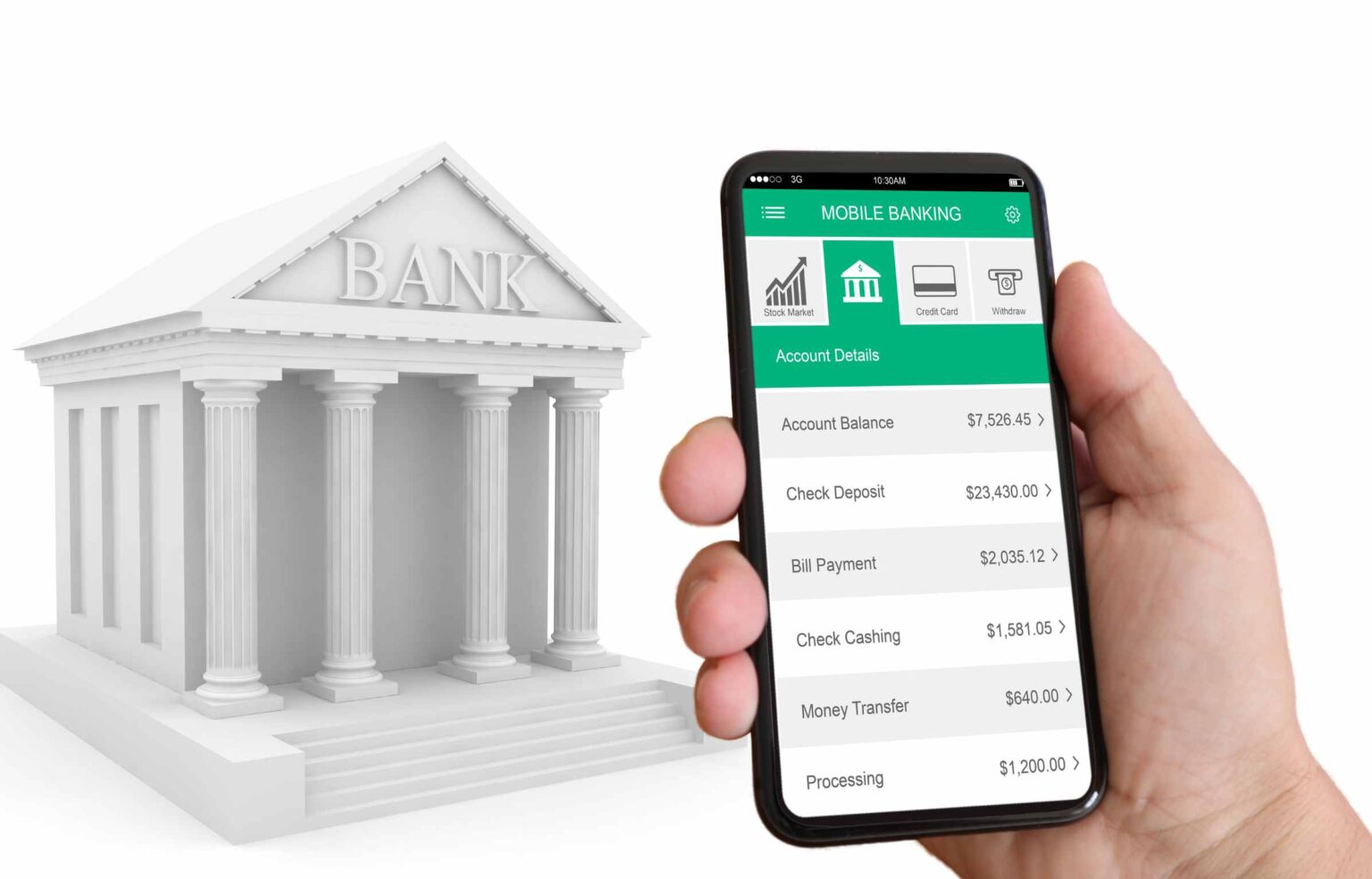The landscape of finance and technology is undergoing a dynamic transformation, with digital currencies and blockchain technology at the forefront of innovation. Recently, SoFi Technologies, a versatile online banking platform, has reinitiated its cryptocurrency integration, marking a notable shift in its strategic approach. This move signals a significant development for both SoFi and the broader crypto community, as it combines traditional finance with the burgeoning world of digital assets. Let’s explore the details and implications of this strategic pivot.
SoFi Embraces Blockchain: A New Era in Banking and Crypto
Resurgence of Cryptocurrency Services at SoFi
Amid the evolving financial landscape, SoFi Technologies is reestablishing its cryptocurrency services, enabling users to trade and manage digital assets seamlessly. This development follows a strategic pause last November when SoFi sought to comply with banking regulations. Now, with a renewed focus, SoFi is set to offer an array of features, including the trading and holding of popular cryptocurrencies and introducing stablecoin options.
Innovative Financial Solutions for Users
In addition to the cryptocurrency trading options, SoFi is exploring innovative financial solutions such as borrowing against digital assets and new staking features. These initiatives could potentially allow users to earn rewards on proof-of-stake assets and utilize their crypto holdings as collateral for loans, providing unique opportunities for financial growth without liquidating assets.
Revolutionizing Remittance with Blockchain
SoFi is leveraging blockchain technology to reinvent the remittance process, aiming to make international money transfers faster and more cost-effective. By converting U.S. dollars into cryptocurrency, facilitating its transfer on the blockchain, and reconverting it into local currency, SoFi plans to significantly reduce traditional transaction fees and processing times. This strategic move positions SoFi as a potential disruptor in the remittance market, challenging established players like Western Union and MoneyGram.
Strategic Adaptation to Regulatory Changes
In response to regulatory shifts, including the U.S. Federal Reserve’s strategic decisions and legislative developments around stablecoins, SoFi has repositioned its approach. The adaptability to evolving federal and state regulations is crucial for successfully integrating cryptocurrency services into the banking sector.
The Role of Galileo: Expanding Blockchain Integration
SoFi’s Galileo platform plays an integral role in this expansion, not only by supporting SoFi’s offerings but also by providing third-party wallets and custody services. This move encourages broader blockchain integration, allowing external applications to leverage SoFi’s infrastructure, thus embedding blockchain technology deeper into financial systems.
CEO’s Vision and Market Response
CEO Anthony Noto emphasizes the long-term vision to harness blockchain, artificial intelligence, and crypto to enhance the efficiency and accessibility of financial services. The market has responded positively, with SoFi’s stock experiencing a notable rise. However, the true measure of this initiative’s success will depend on seamless execution, user experience, and regulatory compliance.
FAQs About SoFi’s Cryptocurrency Expansion
What prompted SoFi to reintroduce cryptocurrency services?
SoFi’s decision to reintroduce cryptocurrency services is part of its broader strategy to integrate digital assets into traditional banking systems, driven by evolving market dynamics and customer demand for innovative financial solutions.
How does SoFi’s new remittance strategy work?
SoFi’s remittance strategy involves converting fiat currency into cryptocurrency, transferring it via blockchain, and then converting it back into local currency. This process aims to reduce transaction costs and increase the speed of international money transfers.
What are the implications of SoFi’s partnership with Galileo?
Galileo’s involvement expands SoFi’s reach by providing infrastructure for third-party applications, enabling greater blockchain adoption in financial services while positioning SoFi as a pivotal player in the fintech ecosystem.
These strategic moves by SoFi demonstrate a commitment to blending traditional banking with innovative technology, creating new opportunities for customers and setting new benchmarks in the financial industry. As the company progresses, it will be crucial to monitor how these initiatives unfold and resonate with users and stakeholders alike.

